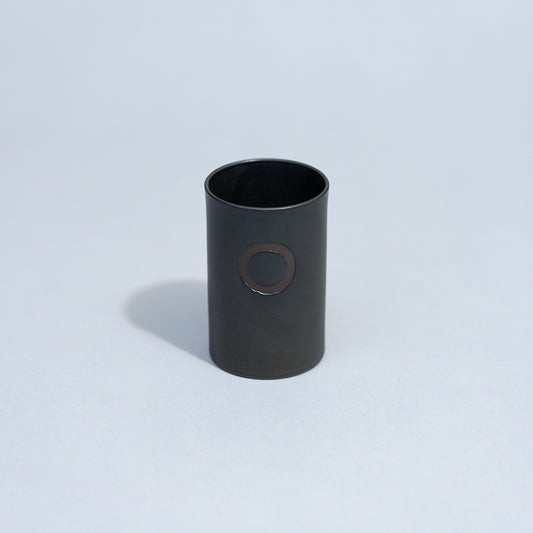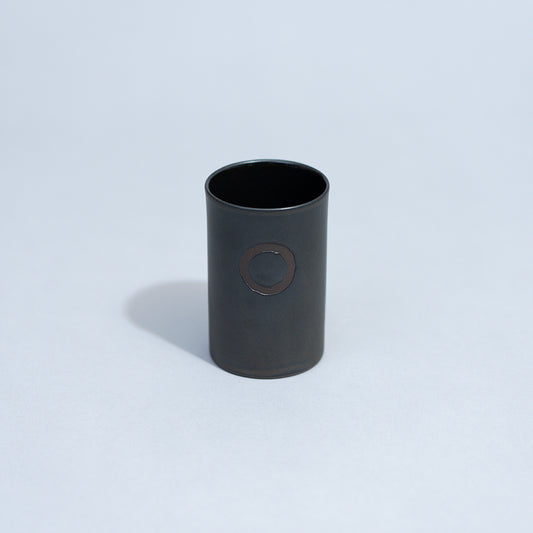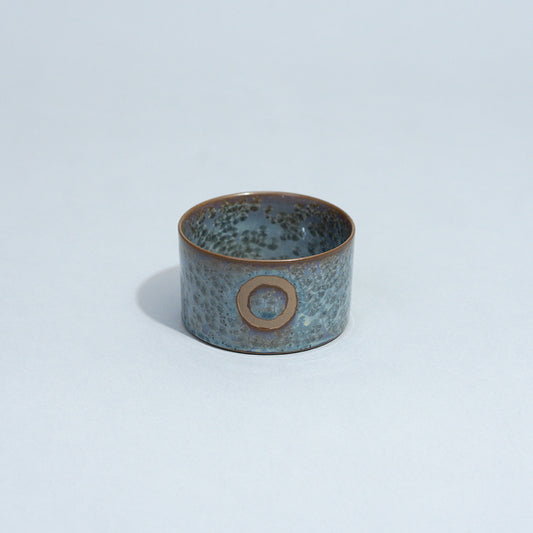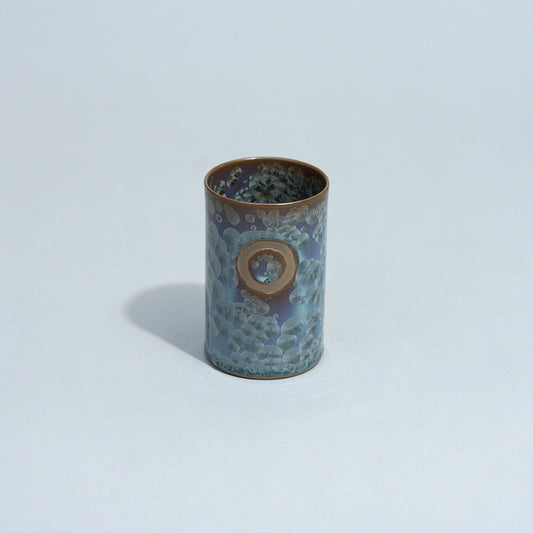-
* Shipping costs are a flat rate of 770 yen (including tax) within Japan .
◯ About the Japanese Zen tea "Komyoucha"

"Komyō-cha" is a Japanese Zen tea jointly developed by QUTOTEN. and TeaRoom Co., Ltd., under the supervision of Komyō-in, a temple within Tōfuku-ji Temple.
The lotus flower, embodying Buddhism —
Just as a lotus flower blooms beautifully from the mud, there is a teaching that even amidst the mud of worldly desires, one can blossom the flower of enlightenment. (From the five virtues of the lotus flower: "The virtue of not being stained by the mud.")
The pine tree, which never changes color, is a symbol of immutability.
The Zen saying "The pine tree has no color of the past or present" teaches that, like the pine tree which does not change its appearance from the past to the present, the principles of things are immutable over time.
Inspired by these things, the Japanese Zen tea "Komyō-cha" was created.
This tea is made with a base of lightly steamed sencha, and the ingredients include lotus and pine needles blended together.
The subtly sweet and mellow flavor of lotus root harmonizes with the refreshing, herb-like aroma of pine leaves, resulting in a masterpiece that brings out the best qualities of all three ingredients.
Of course, you can brew it in a teapot, but we highly recommend drinking it as cold brew tea.
Enjoy a refreshing moment that sets itself apart from ordinary tea.
Product Details
| Product Name |
Japanese Zen Tea "Komyō-cha" |
| Selling price |
1,400 yen + tax |
| Product Type |
Blended tea |
| Ingredients |
Green tea (domestic), lotus tea, pine needles |
| Contents |
21g (3g x 7 pieces) |
| Package size |
16.9cm wide / 14cm tall |
| Expiration date |
May 2026 |
| How to store |
Please store away from direct sunlight, high temperatures, and humidity. |
| Planner Organizer Project Manager |
QUTOTEN. / Komyo-in, a temple in the Toho-ji temple complex / Tea Room |
| Seller |
QUTOTEN.
396-4, Tenjin-cho, Shimogyo-ku, Kyoto City, Kyoto Prefecture |
| Processor |
Kimura Kakou Co., Ltd. 302-2 Makinohara, Shimada City, Shizuoka Prefecture |
◯ About Kōmyō-in, a subsidiary temple of Tōfuku-ji Temple

Komyoin Temple, a subsidiary temple of Tofto-ji Temple
It was founded in 1391 (Meitoku 2), in the early Muromachi period, by Kōchō Kanayama as a subsidiary temple of Tōfuku-ji Temple.
Immediately after entering through the mountain gate, in the front garden called Unryo-tei, resides "Marishi-toku-ten," the guardian deity of victory.
The main garden, "Hoshō-tei," known as the "Rainbow Moss Temple" for its exquisite harmony of moss and sand, is a dry landscape garden created by the Showa-era landscape architect, Sōri Shigemori, and was built in 1939, along with the garden of the main hall of Tōfuku-ji Temple.
The Nampo-tei garden, which is a Heian-style shore garden with a different atmosphere from the Hozo-tei garden, is named after the temple's name, "Komyō" (meaning "bright light"). It features a composition of three standing stones arranged diagonally, with the base point being a group of three sacred stones floating on white sand representing the ocean.
Behind them, the azaleas and rhododendrons have been dynamically shaped into cloud-like patterns through extensive pruning, and if you look up further, you can see the tea house "Rogatuan" standing there.
The Rogaikan tea house, whose name comes from the Zen saying "No clouds rise on the mountain peaks, but the moon falls into the heart of the waves," was built in 1957.
The design incorporates moon motifs in the windows, walls, and shoji screens, allowing visitors to enjoy the rising moon in the eastern sky as seen from the garden of calm waters.
It is said that the aforementioned Marishi Tōten is sometimes depicted riding on the moon, and the consistent, exquisite, and skillful arrangement from the temple name "Kōmyō" to "Rōgetsu-an" brings about a beautiful scene and a sense of peace of mind.
If you can let go of your worldly desires, the moon (Buddha-mind) will be reflected in the waves.
◯ About TeaRoom Co., Ltd.

TeaRoom Co., Ltd. was founded in 2018 with the philosophy of "Aiming for a kind world without conflict."
Shortly after founding the company, we took over a Japanese tea factory and started our business with two locations, Tokyo and Shizuoka, with one of the co-founders relocating to Shizuoka. Production, research, and development are carried out in Shizuoka, while planning, sales, and marketing are handled in Tokyo.
Currently, we are expanding our business across a wide range of areas, including tea production and research and development from the fields, tea sales, cultural projects, the production of alcoholic beverages and D2C products, and space production.
Ryo Iwamoto, Representative Director of TeaRoom Co., Ltd. and Associate Professor of Urasenke Tea Ceremony, is active with his unique perspective on "the philosophy of tea ceremony × the Japanese tea industry" and was selected for "Forbes JAPAN 30 UNDER 30 2022".
◯ The Philosophy of QUTOTEN.

At QUTOTEN, we develop products based on six core philosophies.
- Be natural.
- Beautiful and functional.
- Don't stand out, blend in.
- Don't say everything; leave it to the audience to interpret.
- Let's embrace the waste.
- First, we enjoy it ourselves.
#tea #greentea #sencha #gift #present





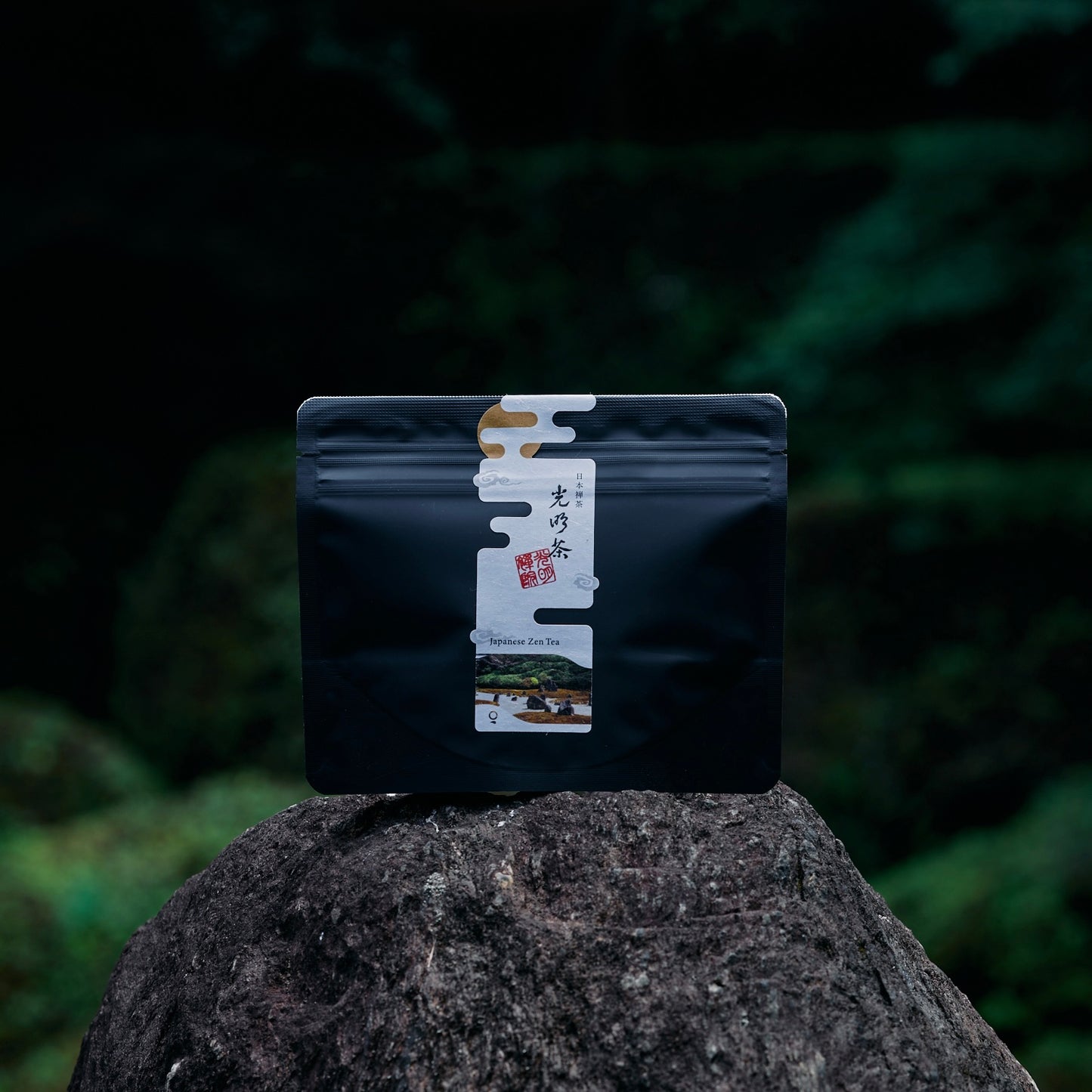
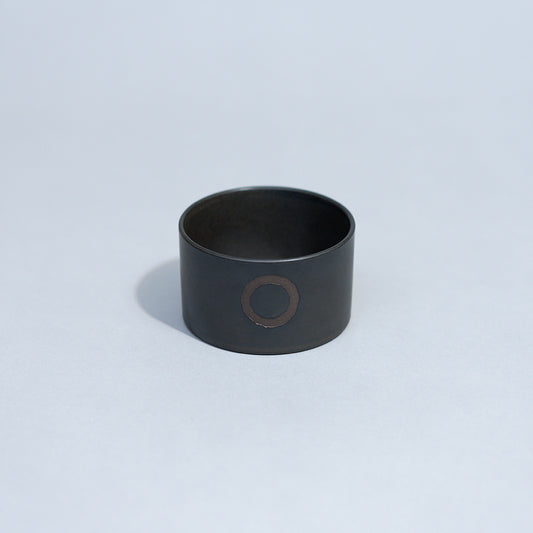 Sold out
Sold out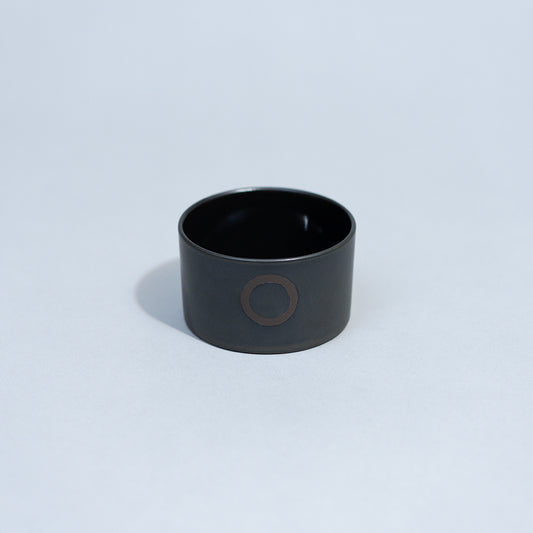 Sold out
Sold out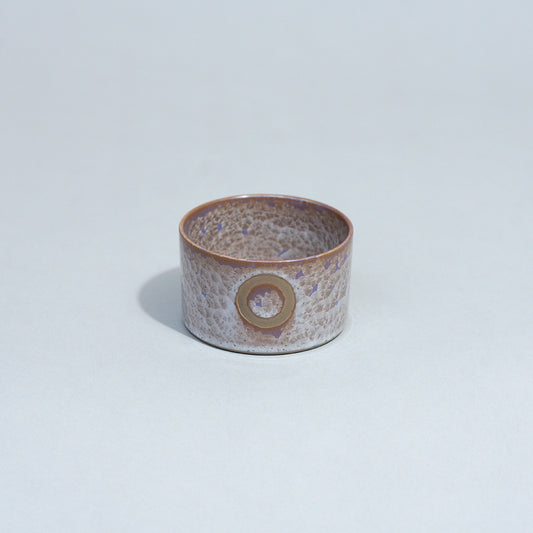 Sold out
Sold out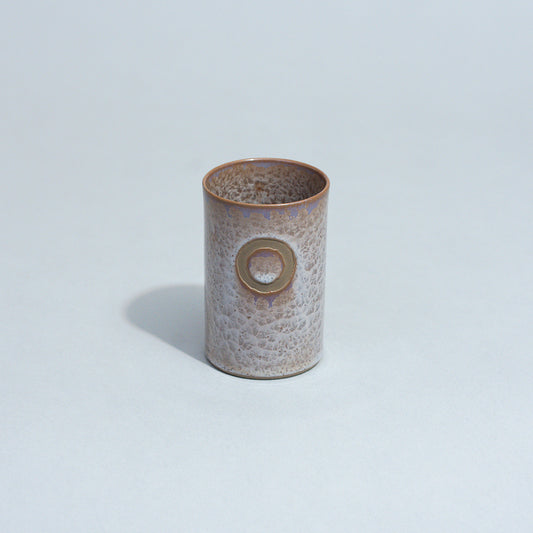 Sold out
Sold out














